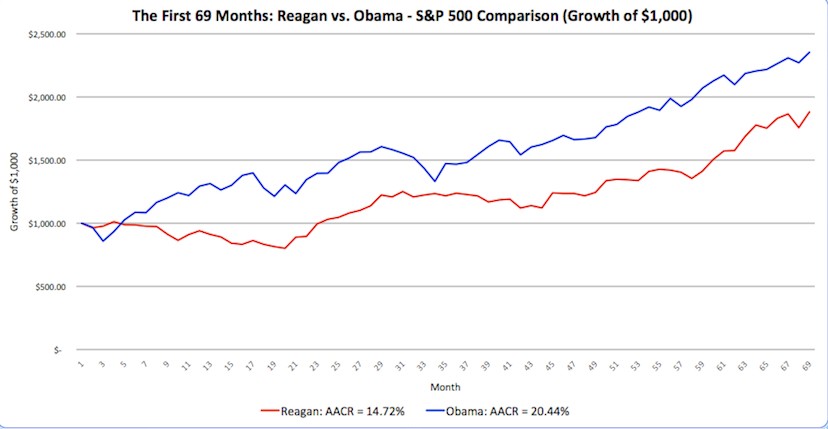Investing and Benefiting
Post on: 16 Март, 2015 No Comment

Page Content
 
INVESTMENT MODELS
207.jpg /%
Developing a strong business case for sustainability programs remains an important objective for companies. Retailers most commonly seek a return on investment for sustainability projects that is similar to all other investments. Across the industry, the average minimum payback period for a sustainability project is two to three years. Top performers, however, plan with a longer time horizon, and most often look for paybacks as far out as three to five years.
Many companies expressed that projects with environmental and/or social benefits often have a host of ancillary benefits that may difficult to quantify in the direct payback calculations. Programs must also anticipate other factors like shareholder interests, future consumer or regulatory trends, or potential risks to properly finance sustainability-related projects.
PRIMARY BENEFITS
Retailers are reporting five primary benefits of sustainability programs: reduced costs, enhanced reputation, risk management, employee enthusiasm, and proactive regulatory strategies. On average, top-performing companies recognize a wealth of benefits that extend to increased revenues and profits.
208.jpg /%
Nearly 90 percent of respondents mentioned that their sustainability efforts are lowering costs, primarily by improving business and resource efficiency. Increasing the store, distribution center, and trucking fleet’s energy and fuel efficiency are only a few examples that translate to lower costs. Reducing waste is another; it lowers costs and can even generate new revenue streams. Finally, partnering with suppliers may uncover resource efficiencies that also translate to lower costs, whether by reducing energy, water, material, or waste. (Refer to the supply chain operations section for a thorough discussion of supplier collaboration around sustainability.)
Beyond lowered costs, brand enhancement and risk mitigation are also crucial benefits. Seventy-one percent of companies report that they use sustainability activities to benefit their organization in those ways.
209.jpg /%A retailer’s corporate brand is among its most valued assets. Retailers invest a significant amount of resources to enhance their brands with consumers, government, and other key stakeholders. Doing so keeps the company’s brand at the top of consumers’ minds when they are deciding where to shop, and it builds trust in the communities in which retailers operate. So, it is not surprising that retailers recognize the corporate reputational rewards that sustainability brings.
Risk mitigation, or seeking to protect the brand’s reputation, is another crucial business objective for retail. Retailers manage risks like brand reputation, energy and fuel dependencies, human rights issues in the supply chain, and commodity price fluctuations through their sustainability programs.
Fostering employee enthusiasm for recycling, philanthropy, volunteerism in the community, and team building through meaningful projects are also benefits. Sustainability projects can give employees a sense of personal pride and fulfillment, which improves retention, draws in the best new talent, and promotes interdepartmental collaboration.
Companies will often develop individual or industry voluntary programs to reduce the need for government regulations. If a retail company minimizes its waste generation, energy and fuel usage, land-use footprint, and other environmental impacts, and strives to improve the labor conditions of the workers across its product supply chains, it will have a competitive advantage when regulations are developed. Recent federal regulations require companies to track the origin of forest products through their supply chains and to publicly report on the potential for the sourcing of certain conflict minerals in their products. California legislation requires companies to report on certain human rights performance standards in supply chain. And municipalities are updating building codes to reduce the burden on local energy and landfill infrastructure. Companies that proactively address these issues will be positioned to succeed when other such regulations emerge. Top performers especially recognize this advantage.
SUSTAINABILITY BUDGET
Sustainability budgets reflect company priorities. Many retailers report that their most recent budget for sustainability activities will not change for this year. However, more than a quarter of companies expect to grow their budget in the coming year.














